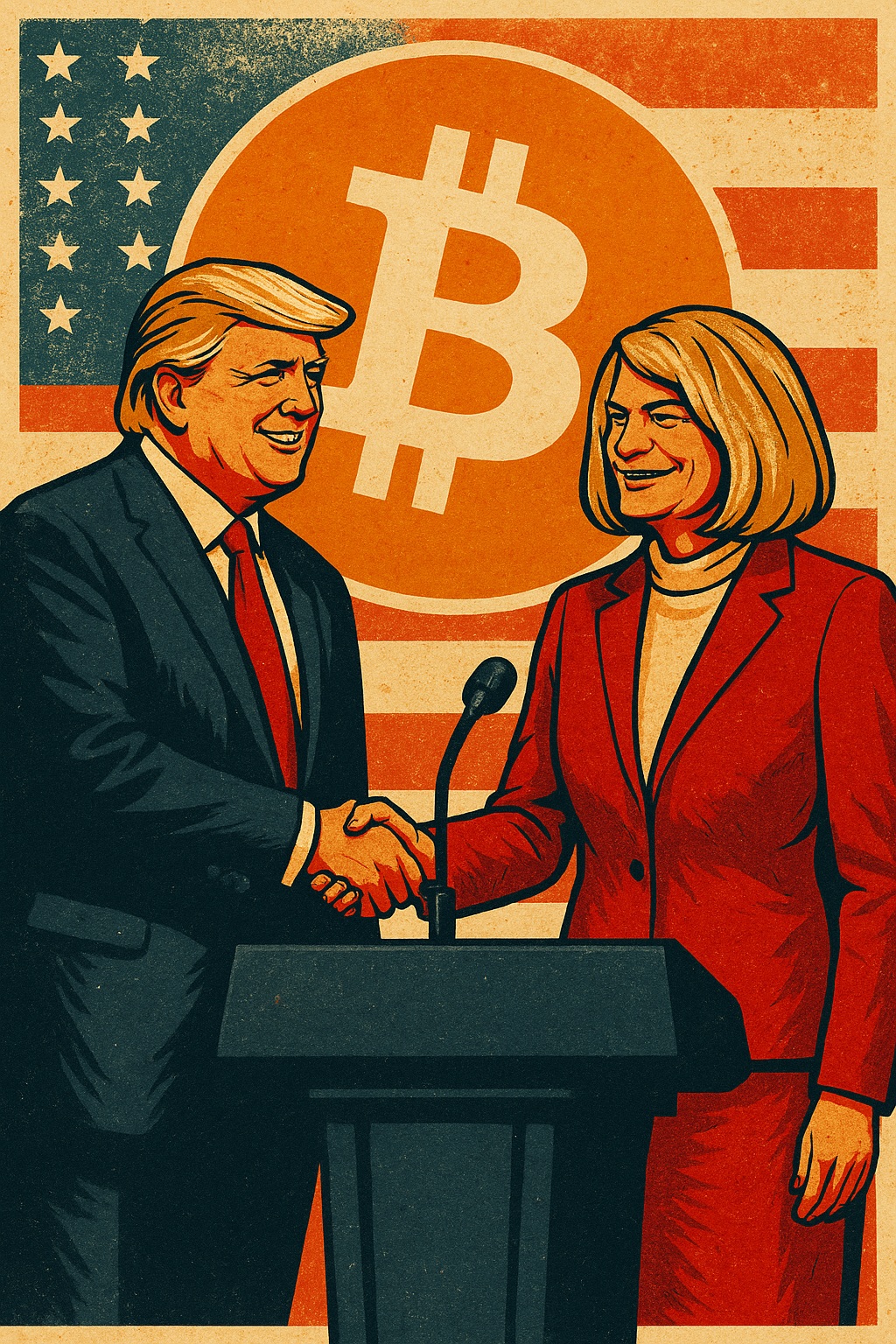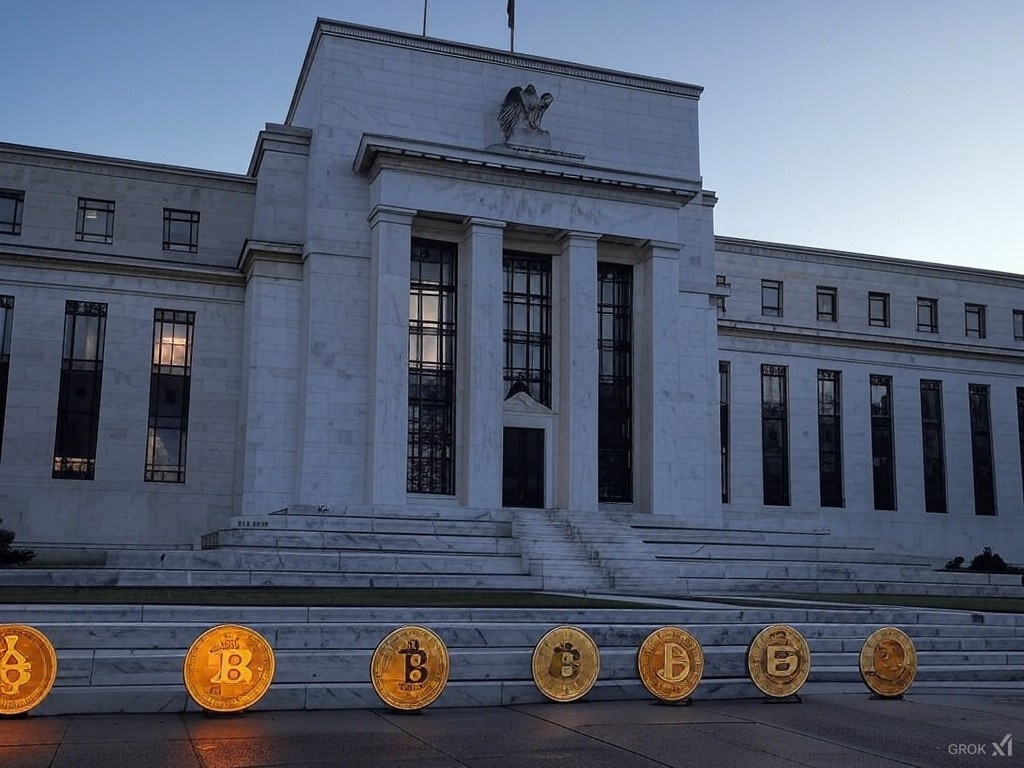In a historic move that could reshape the global financial landscape, the United States may soon become the largest holder of Bitcoin.
Senator Cynthia Lummis, a well-known advocate for digital assets and Chair of the Senate Banking Subcommittee on Digital Assets, has reintroduced the “Boosting Innovation, Technology, and Competitiveness through Optimized Investment Nationwide (BITCOIN) Act.” The bill proposes that the U.S. government purchase 1 million Bitcoin, which is about 5% of the total supply, and hold it for at least 20 years.
This bold plan aims to strengthen America’s balance sheet, reduce the national debt, and give the U.S. a serious edge in the digital economy.
A Strategic Reserve in Bitcoin?
The BITCOIN Act isn’t just a headline grabber. It lays out a detailed and forward-looking plan for how Bitcoin could serve as a strategic reserve asset, similar to how gold has functioned in the past.
The bill would:
- Direct the U.S. Treasury to acquire 1 million Bitcoin over time
- Hold the Bitcoin in a secure, decentralized network of vaults
- Use existing funds from the Federal Reserve and Treasury, no new taxes involved
- Ensure the Bitcoin reserve doesn’t interfere with private citizens’ self-custody rights
Senator Lummis says the goal is to use Bitcoin to improve the financial strength of the U.S., hedge against inflation, and reinforce the global standing of the dollar.
Read the official press release from Senator Lummis here.
Trump’s Role: More Than Just Support
The bill builds directly on an executive order signed by President Trump in early 2025, shortly after taking office. At the Bitcoin Conference in Nashville in July 2024, Trump publicly endorsed the idea of a national Bitcoin reserve and promised to make America the global leader in Bitcoin adoption.
True to his word, Trump signed the order, and now the BITCOIN Act seeks to turn that executive action into federal law. The bill has been described as a legal framework that brings Trump’s vision to life.
Who’s Backing the Bill?
Support is growing. Several Republican senators have co-sponsored the bill, including Jim Justice (WV), Tommy Tuberville (AL), Roger Marshall (KS), Marsha Blackburn (TN), and Bernie Moreno (OH).
There’s also a companion bill in the House, introduced by Representative Nick Begich (R-AK). His announcement can be found in the official press release.
With the Republican Party now holding a Senate majority, many believe the BITCOIN Act has a strong chance of becoming law. Some analysts say it could pass within the first 100 days of Trump’s second term.
Why It Could Be a Game-Changer
The BITCOIN Act could reshape how the world views sovereign wealth. Unlike gold, Bitcoin is scarce, digital, and globally portable. Holding 1 million Bitcoin would instantly make the U.S. a dominant force in the crypto space.
It would also serve as a hedge against inflation and potential de-dollarization, while offering long-term protection from foreign economic shocks.
Lummis said this kind of reserve could boost trust in the dollar, improve financial security, and keep America competitive against countries exploring their own digital currency reserves.
What Happens Next?
As of the time of this writing, May 2nd, the bill is under review. It’s too early to know when a vote will take place, but momentum is clearly building. This legislation could set the tone for a new era in U.S. economic strategy.
For context, this isn’t Lummis’s first attempt. A similar bill was introduced in July 2024, calling for the same 1 million Bitcoin purchase. The 2025 version has updated provisions for vault security and funding mechanisms.
Whether the bill passes or not, the message is clear: Bitcoin is no longer a fringe idea. It’s being discussed at the highest levels of government as a tool for national strength.
And if it does pass? The U.S. could go down in history as the first nation to treat Bitcoin not just as a technology, but as a reserve asset for global leadership.



